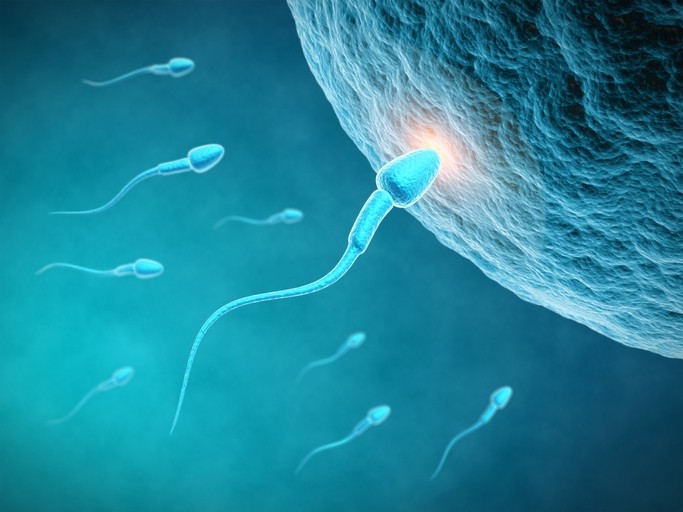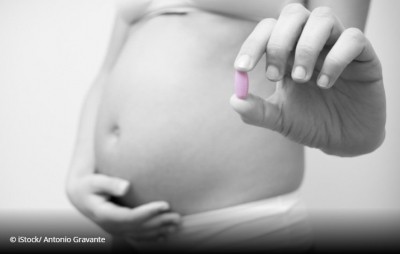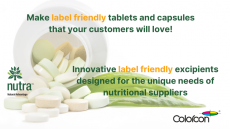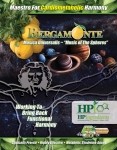Antioxidant supplements do not improve male fertility, claim researchers

Antioxidant supplements such as lycopene, vitamins C and E, and selenium are commercially available to help treat male infertility with previous studies revealing these may help sperm quality and motility. It is widely accepted that these supplements can help reduce oxidative stress, a condition which can see oxidants damage the sperm cell membrane and DNA.
But a research team supported by the Eunice Kennedy Shriver National Institute of Child Health and Human Development (NICHD) wanted to delve deeper into the effects of antioxidants on semen quality and rates of pregnancy.
Published in Fertility and Sterility, the team of researchers carried out their Males, Antioxidants, and Infertility Trial (MOXI) - a double-blind, randomised, placebo-controlled clinical study conducted at nine sites across the US.
The study enrolled 171 couples where the male partner had at least one abnormal reading on an analysis evaluating sperm concentration, mobility, shape and DNA quality; the female partners had normal fertility test results.
Men received a placebo or an antioxidant supplement containing vitamins C, E and D, selenium, l-carnitine, zinc, folic acid and lycopene for at least three months and up to six months.
The results revealed that the change in sperm concentration differed between the antioxidant group (median −4.0 million/mL) and placebo group (+2.4 million/mL). However, there were no statistically significant differences between the two groups for changes in sperm morphology, motility, or DNA fragmentation.
Furthermore, live birth rates did not seem to differ after six months between the antioxidant (15%) and placebo (24%) groups.
However, the authors note that recruitment was stopped before it reached the desired number of participants because no benefits were seen in the antioxidant group. Therefore, the authors only had enough participants to evaluate statistical differences in semen quality but not in pregnancy and live birth rates.
Source: Fertility and Sterility
Steiner. A.Z., et al
"The effect of antioxidants on male factor infertility: the Males, Antioxidants, and Infertility (MOXI) randomized clinical trial"
DOI: https://doi.org/10.1016/j.fertnstert.2019.11.008












